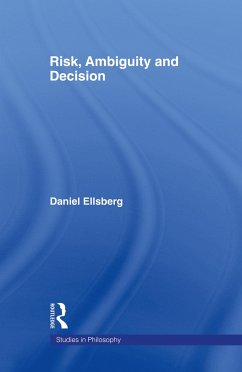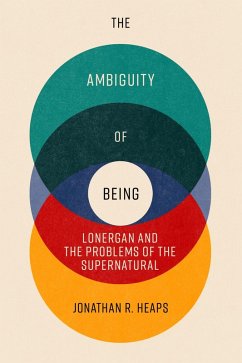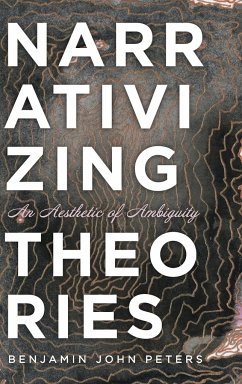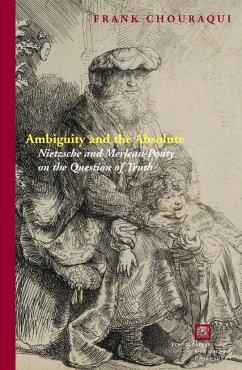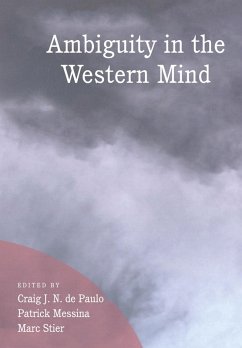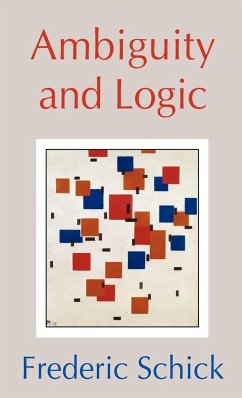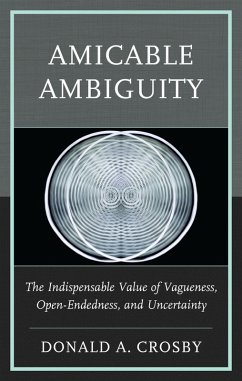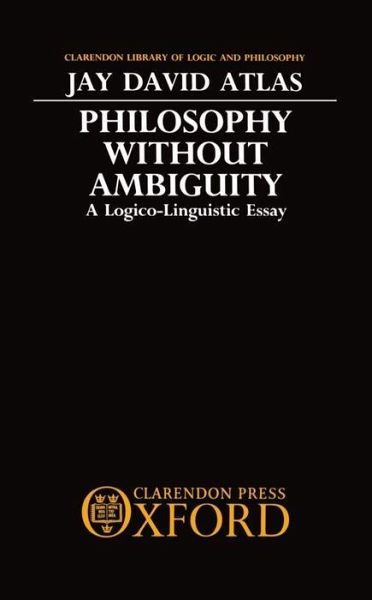
Philosophy Without Ambiguity
Versandkostenfrei!
Versandfertig in 1-2 Wochen
145,99 €
inkl. MwSt.

PAYBACK Punkte
73 °P sammeln!
In this book, a set of problems which overlap philosophy, linguistics, cognitive psychology, and artificial intelligence are examined from the point of view of Chomsky's linguistics. The author uses linguistic analysis to shed new light on the philosophical and logical problems of meaning, ambiguity, truth, falsity, negation and existence. He shows that visual and verbal symbols have ways of meaning in common.
This book expounds and defends a new conception of the relation between truth and meaning. The author's thesis is that the sense of a sense-general sentence radically underdetermines (independently of indexicality) its truth-conditional content. He applies this linguistic analysis to shed new light on old and new philosophical problems of meaning, truth, falsity, negation, existence, presupposition, and implicature.




